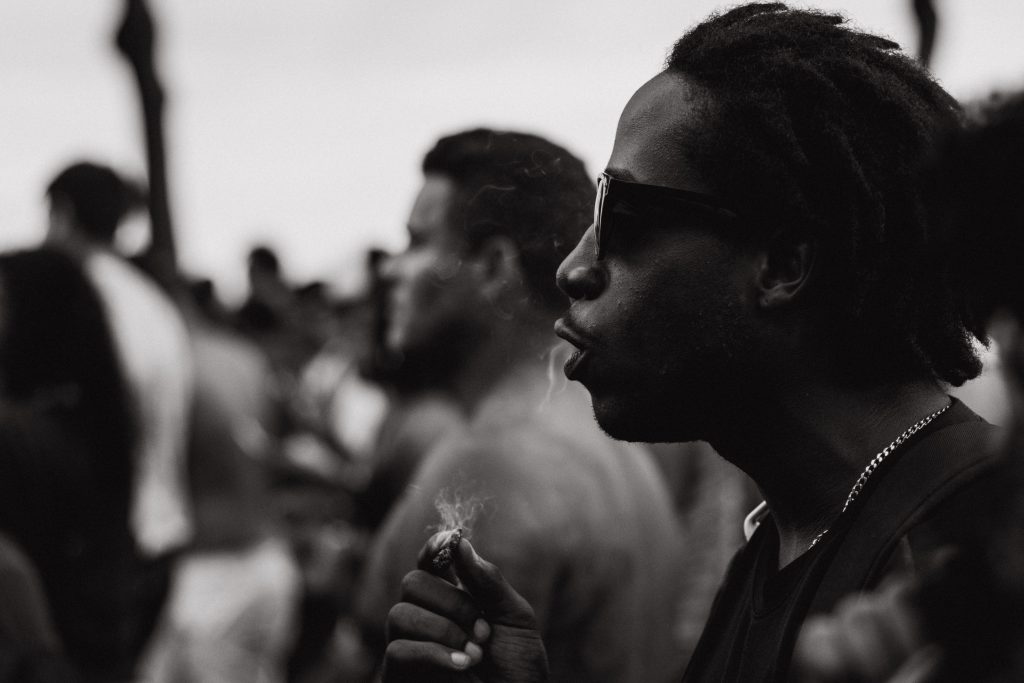ANNAPOLIS, Md. (AP) — Maryland is set to join the growing number of states legalizing recreational marijuana, as businesses gear up for the commencement of sales during the July Fourth celebrations.
Over 100 stores that have already obtained licenses to sell medicinal cannabis will now be authorized to sell it for recreational use starting this Saturday, marking a significant milestone more than five years after the state first introduced medical marijuana.
Brandon Barksdale, co-CEO of Remedy Maryland, expressed excitement about the timing of the launch, referring to it as cannabis’ own Independence Day. He noted, “It’s nice to be able to pull something together that makes it more of a celebratory occasion.” Remedy Maryland operates a superstore in Columbia.
Under the newly enacted Maryland law, individuals aged 21 and older are permitted a “personal use amount” of up to 1.5 ounces of cannabis flower, 12 grams of concentrated cannabis, or a total cannabis product quantity not exceeding 750 mg of THC. Furthermore, individuals are allowed to cultivate up to two marijuana plants in private, out of public view, while medical patients can grow up to four plants at home.
Prior to the legalization of recreational cannabis, the state’s medical cannabis program catered to nearly 163,000 individuals. With the new legislation, the market is expected to expand to approximately 4 million Maryland residents aged 21 and older.
The regulatory framework for recreational marijuana sales was established by state lawmakers during this year’s legislative session following a constitutional amendment approved by voters with a 67% majority. While nearly half of all states have already legalized recreational marijuana, some, including neighboring states such as Virginia, Delaware, and Minnesota, are yet to establish a marketplace for sales.
Chantelle Elsner, senior vice president of commercial operations for TerrAscend, which operates a cannabis location in Cumberland, expressed optimism about the growing momentum and trust from consumers, patients, and investors, stating, “Once you get to the point that we’re at right now… you start to feel a lot of momentum, a lot more trust from consumers, a lot more trust from patients, a lot more trust from investors that have to help fund all of these operations.”
Although recreational cannabis has been approved by voters in the District of Columbia, the city has been blocked by Congress from establishing a legalized market.
Maryland’s legalization of recreational cannabis, coupled with the absence of legal sales in neighboring states, has raised hopes among business owners for a thriving market. Brianna Anderson, marketing manager for Gold Leaf, which operates a store in Annapolis, expressed confidence, stating, “I definitely do think with the states around us not being recreational yet that that’s absolutely going to drive all of the traffic to Maryland.”
Additionally, business owners anticipate that having legal sales in a state adjacent to the nation’s capital will help foster a change in federal policy, which still deems marijuana illegal. Ben Kovler, CEO and co-founder of Green Thumb Industries, which operates RISE stores in Maryland, believes that proximity to decision-makers increases the chances of policy reform, stating, “There’s so much irony and conundrums and hypocrisy in cannabis policy in the U.S. that the closer to home it gets to the decision makers… the more chance there is for change.”
More licenses for cannabis businesses will be distributed early next year, with a particular focus on addressing equity concerns for minority- and women-owned enterprises. The Maryland Cannabis Administration has the authority to issue additional licenses for growers, processors, dispensaries, and new incubators across two licensing rounds.
Cannabis products will be subject to a 9% sales tax, equivalent to the state’s tax on alcohol. Regulators estimate that recreational marijuana sales could generate up to $600 million in revenue during the first year.
Maryland lawmakers have also passed legislation this year stipulating that the odor of cannabis alone is not grounds for a police search, and reducing the penalty for public smoking to a $50 fine for a first offense, down from the previous $250 fine.
